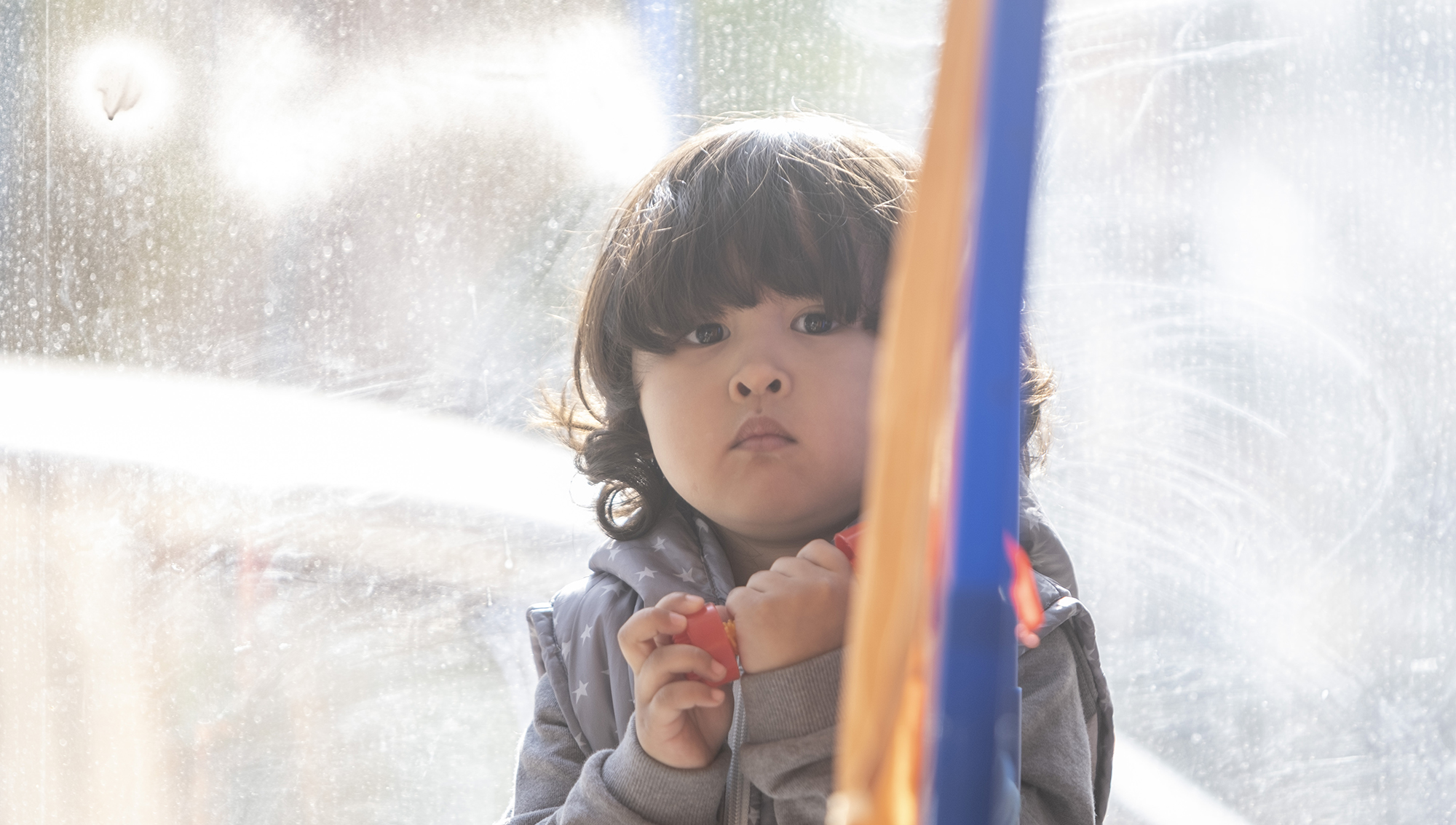
Courage of children who ignore conflict and threats to take their school exams
Children in conflicts, Education in emergencies, Refugees and internally displaced people, Right to education, Safe schools
Some students living in war-hit countries like Syria and Yemen have to go to extraordinary lengths to complete their end-of-year tests.
For most children, exam time means cramming in last-minute studying, a nervous walk to school and a worrying wait for the results.
But for many others, it can mean long and arduous journeys – sometimes with overnight stays – to get to an exam centre. It can mean trying to study and answer test questions in a baking-hot tent in a refugee camp.
For some, it can mean actually risking their lives to travel through a conflict zone before they can sit at a desk and start on the paper that could affect their future education and work chances.
The girls kidnapped by Boko Haram in Nigeria in 2014 were at the Chibok school to sit their end-of-year high school exams. Many had travelled long distances to the school and were staying in the dormitories when the gunmen arrived.
Around the world, school exams have been taking place over the past few weeks
Syrian girl Rama told how she has twice had to make difficult and dangerous journeys to take exams. In Grade 9, she had to leave her home in Raqqa and travel to Deir-ez-Zor the day before the exams.
“The trip was difficult. We had to cross several checkpoints and a river on foot, but that didn’t matter,” she told #ChildrenofSyria.
“What mattered is that the determination to follow my dreams and my parents’ encouragement won over fatigue and hopelessness. I passed Grade 9 exams – my happiness was beyond words.”
Then this year, taking her Grade 12 exam, she had to travel to Aleppo because her village had no exam centres.
Rama said: “The journey that used to take one hour before the war took us now almost 10. I was scared and exhausted but I was also happy being one step closer to my dream of becoming a doctor one day.”
More than 10,000 Syrian children like her were helped by UNICEF to cross conflict lines from remote and besieged areas to sit national exams in Syria. They were given a daily allowance, transportation fees and safe accommodation.
When Syrian children were taking their final exams, the Norwegian Refugee Council called on the warring sides in the conflict to ensure the students’ safety.
Madj, who is displaced from his home, said he was still determined to take his exam and go to high school. He said: “I would like to take the 9th grade degree to achieve my dreams.”
The conflict in Yemen has deprived two million children of education and seen 1600 schools unable to be used due to damage, being used to host displaced families or military occupation.
But graduating students from Yemen Modern School in the capital Sana’a decided that the bombing and killings weren’t going to stop them celebrating passing their exams and graduating.
They posed for a group picture wearing their graduation caps and gowns – outside a building that had been destroyed near their school. The picture – taken in 2015 – went viral, so the next year’s graduating class decided to repeat the pose.
Graduate Salma Al-Dailami said the students had to leave their school for four months because of air strikes. But they returned to prepare for their exams as the bombing continued.
“We had no electricity which resulted with us studying under the faint light of candles and torches because there was no petrol to start up the generators,” she said.
“We had to sit for our ministry-level exams under continuous, teeth-rattling airstrikes yet we were determined to finish high school.”
In Afghanistan, education has been under attack for years from the Taliban and Islamic State.
Miriam, an 11-year-old from the eastern Nangarhar province, told the World Post how fighters marched into her classroom. She said: “We had just completed the mid-year exams and one day the ISIS fighters told us not to come to school anymore. They had guns and everyone was so scared.”
In the capital Mogadishu, Somalian high school students had been able to sit their final exams for the first time in years – because security was placed around the exam sites to prevent attacks by Al Shabaab militants.
But not everyone gets that opportunity. Hundreds of uprooted South Sudanese students missed taking school-leaving exams this year after refusing a government order to leave the safety of a UN base to sit the tests.
Nearly 900 students said they would not leave the so-called “Protection of Civilians” site inside a fortified United Nations base in the capital Juba to take the test that is needed for a university place.
Thuk Bentiu said he and fellow students would not leave “because of insecurity”. Many of the students have sheltered in the base since civil war began in 2013.
Ongoing violence in the Kasai region of the Democratic Republic of Congo has also affected many would-be exam takers.
“Children have been hit hardest by the conflict,” said Ulrika Blom, the Norwegian Refugee Council’s country director.
“Many schools are destroyed or occupied by armed groups, robbing thousands of children the chance of an education. For the lucky ones whose schools remain open, many are too scared to risk going and so can’t sit their exams as a result.”

More news

Theirworld initiative helps to deliver $30m of computers to Ukrainian children
